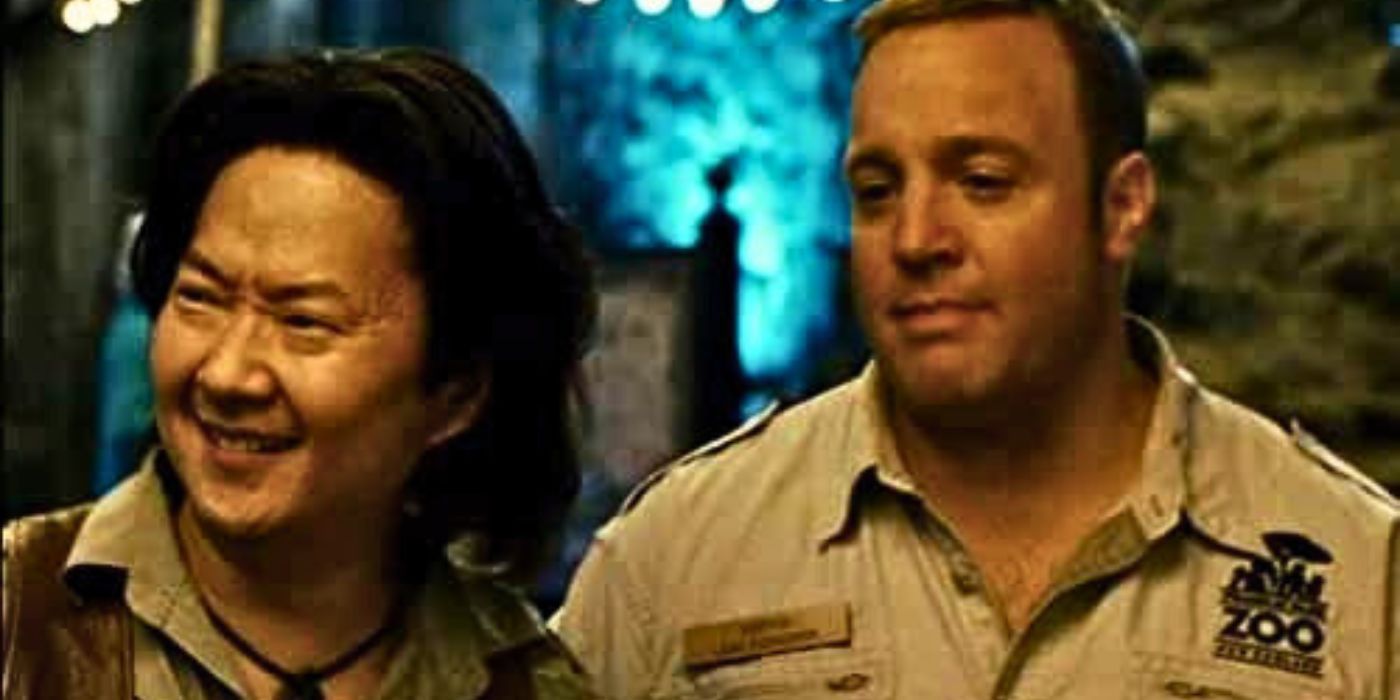
Voices of the Zookeeper: Understanding Animal Care Through Their Stories
The zoo, a place where humans connect with the animal kingdom, is often perceived as a realm of wonder and entertainment. However, behind the scenes, a dedicated team of professionals works tirelessly to ensure the welfare and conservation of its inhabitants. These are the zookeepers, and their stories, the voices of the zookeeper, provide invaluable insights into the complex world of animal care, conservation efforts, and the unique bonds formed between humans and animals.
This article delves into the experiences of these unsung heroes, exploring the challenges they face, the rewards they reap, and the crucial role they play in modern zoological institutions. By amplifying the voices of the zookeeper, we aim to foster a deeper understanding and appreciation for the dedication required to maintain the health and well-being of animals in captivity.
The Day-to-Day Life of a Zookeeper
The daily routine of a zookeeper is far more diverse and demanding than many might imagine. It’s not simply about feeding animals; it’s a multifaceted job that requires a deep understanding of animal behavior, nutrition, and health. The voices of the zookeeper often describe a typical day starting before dawn, preparing diets tailored to each animal’s specific needs.
- Diet Preparation: Zookeepers meticulously prepare meals, ensuring each animal receives the appropriate nutrients. This often involves weighing food, chopping vegetables, and sometimes even preparing specialized supplements.
- Habitat Maintenance: Cleaning enclosures is a vital part of preventing disease and maintaining a healthy environment. This can range from raking leaves to scrubbing pools and disinfecting surfaces.
- Animal Observation: Keen observation is critical. Zookeepers constantly monitor animal behavior, looking for any signs of illness, stress, or changes in social dynamics. The voices of the zookeeper emphasize the importance of recognizing subtle cues that might indicate a problem.
- Enrichment Activities: Providing enrichment is essential for stimulating animals mentally and physically. This can include introducing new toys, puzzles, or even changing the layout of their enclosure.
The Challenges They Face
Being a zookeeper is not without its challenges. The work can be physically demanding, emotionally draining, and occasionally dangerous. One of the biggest hurdles is dealing with animal illness and mortality. The voices of the zookeeper often reveal the emotional toll of caring for animals that are sick or injured, and the grief experienced when an animal dies.
Another challenge is balancing the needs of the animals with the expectations of the public. Zookeepers must educate visitors about conservation and animal behavior while also ensuring the animals are not disturbed or stressed by the presence of large crowds. The voices of the zookeeper highlight the constant need to advocate for the animals’ well-being.
Furthermore, securing funding for animal care and conservation programs can be a significant obstacle. Zookeepers often play a role in fundraising efforts, educating donors about the importance of their work. The voices of the zookeeper are crucial in conveying the impact of these programs and the need for continued support.
The Rewards of the Job
Despite the challenges, the rewards of being a zookeeper are immense. The opportunity to work closely with animals, contribute to their well-being, and educate the public about conservation is a deeply fulfilling experience. The voices of the zookeeper often express a profound sense of connection with the animals in their care.
Witnessing an animal thrive under their care, successfully breeding endangered species, or rehabilitating injured wildlife are all sources of immense pride and satisfaction. The voices of the zookeeper also highlight the importance of building trust and forming bonds with the animals. These relationships are built on mutual respect and understanding, and they are a testament to the power of human-animal connection.
Conservation and Education
Modern zoos are increasingly focused on conservation and education. Zookeepers play a vital role in these efforts, participating in breeding programs, conducting research, and educating the public about the threats facing wildlife. The voices of the zookeeper are essential in conveying the importance of conservation and inspiring others to take action.
Many zoos participate in Species Survival Plans (SSPs), which are cooperative breeding programs designed to maintain healthy populations of endangered species. Zookeepers work closely with other institutions to ensure genetic diversity and prevent inbreeding. The voices of the zookeeper emphasize the crucial role these programs play in safeguarding the future of threatened species.
Education is another key component of a zookeeper’s job. They conduct tours, give presentations, and create educational materials to inform visitors about animal behavior, conservation issues, and the importance of protecting wildlife habitats. The voices of the zookeeper are instrumental in shaping public perception and promoting responsible environmental stewardship.
The Future of Zoos and Zookeeping
The role of zoos and zookeepers is constantly evolving. As our understanding of animal behavior and welfare improves, zoos are becoming more focused on providing naturalistic habitats and enriching environments. The voices of the zookeeper are essential in shaping these changes, advocating for the needs of the animals and promoting ethical practices.
Technology is also playing an increasingly important role in zookeeping. From using GPS tracking to monitor animal movements to employing virtual reality to educate visitors, technology is helping zookeepers to better understand and care for the animals in their charge. The voices of the zookeeper are crucial in adapting to these new technologies and ensuring they are used in a way that benefits the animals.
In conclusion, the voices of the zookeeper offer a unique and valuable perspective on the world of animal care and conservation. Their dedication, passion, and expertise are essential to the well-being of animals in zoos and the preservation of wildlife in the wild. By listening to their stories, we can gain a deeper appreciation for the important role they play and the challenges they face. As zoos continue to evolve, the voices of the zookeeper will be instrumental in shaping the future of these institutions and ensuring they remain a vital resource for conservation and education. Understanding the animal kingdom through the voices of the zookeeper allows for a more empathetic and informed approach to wildlife preservation. Recognizing the dedication and hard work reflected in the voices of the zookeeper can inspire future generations to join this important field. Supporting zoos and conservation efforts amplifies the voices of the zookeeper and strengthens their ability to care for animals. The experiences and insights shared in the voices of the zookeeper are invaluable for improving animal welfare standards. The voices of the zookeeper are a testament to the power of human-animal connection and the importance of conservation. By amplifying the voices of the zookeeper, we can create a more sustainable future for both humans and animals. The commitment and expertise reflected in the voices of the zookeeper are essential for ensuring the health and well-being of animals in captivity. Ultimately, listening to the voices of the zookeeper fosters a deeper understanding and appreciation for the vital role they play in the conservation of our planet’s biodiversity.
[See also: The Ethical Considerations of Zoos]
[See also: Conservation Efforts in Modern Zoos]
[See also: The Role of Zookeepers in Animal Welfare]

